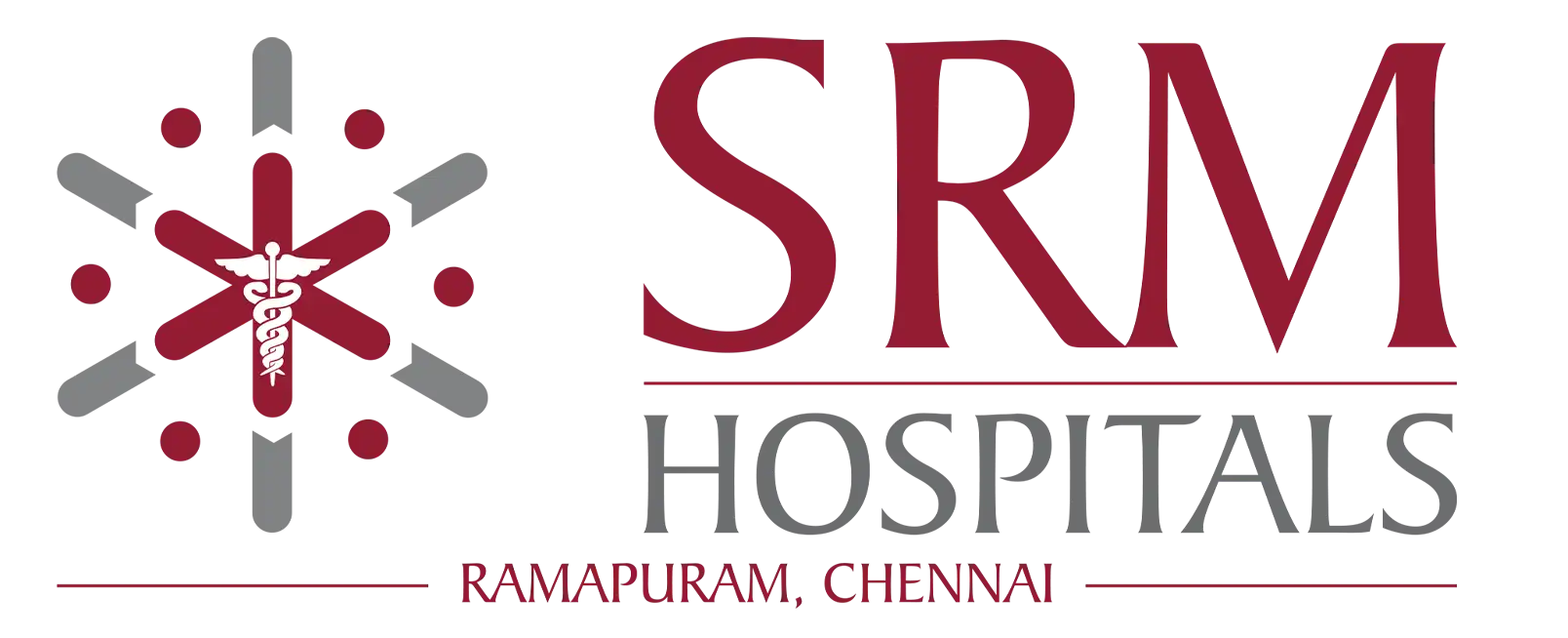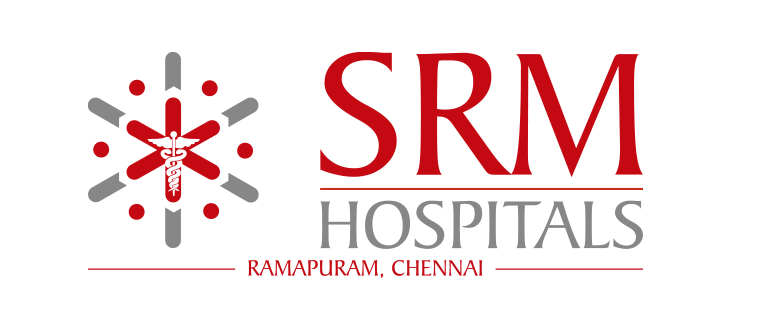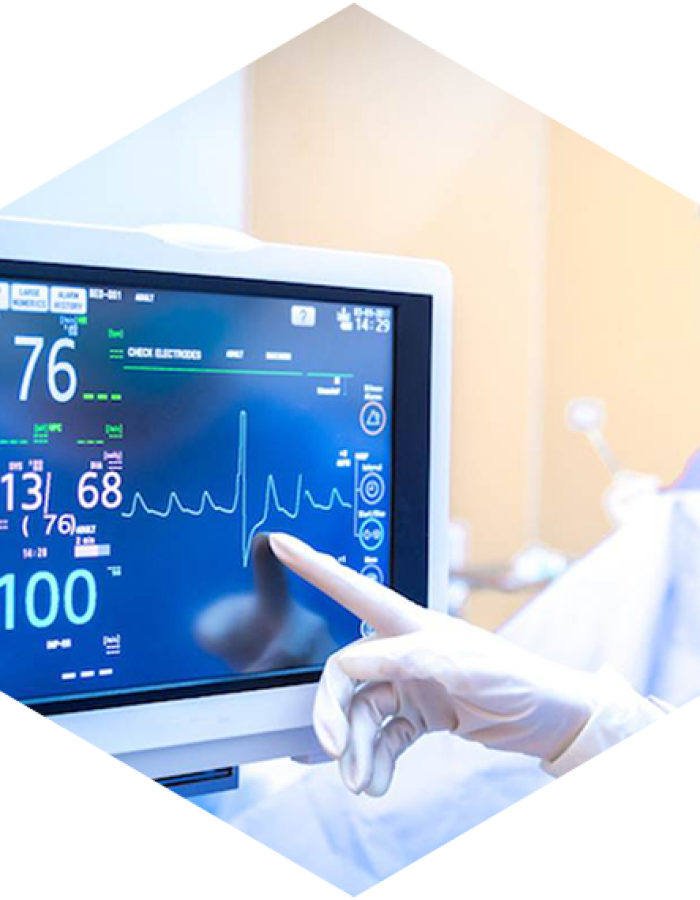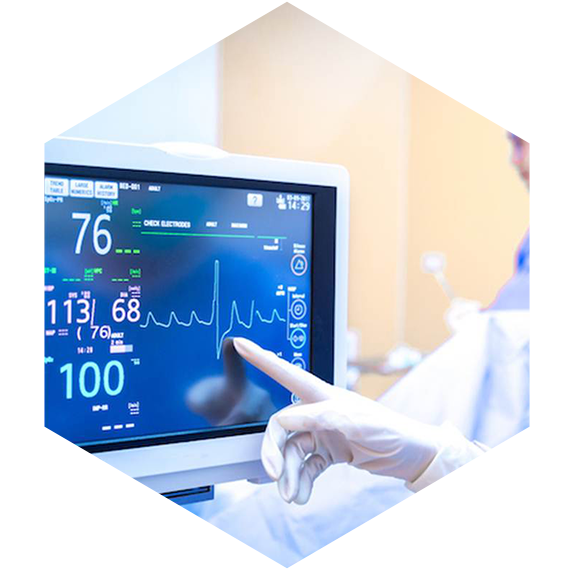What is Neuropsychiatry ?
It is the branch of medicine that deals with neurology or the brain and the nervous system in conjunction to psychiatric/behavioural patterns of an individual. It combines the attributes of the brains function and a person’s actions in their daily lifestyle. Some common neuropsychiatric conditions are Parkinson’ disease, dementia, delirium, psychosis, self injurious behaviour, cognitive dysfunction, apathy, schizophrenia, Huntington disease and more. In all these conditions, the cause of a person’s gradual or sudden mental changes is due to defects in the nervous system like dead nerve cells, destroyed myelin sheath, injury or trauma to the nervous system, deteriorating brain-body interactions and more.
- Hemodialysis is a treatment to filter wastes and water from your blood, as your kidneys.
- Did when they were healthy. Hemodialysis helps control blood pressure and balance.
- Important minerals, such as potassium, sodium, and calcium, in your blood.
- Hemodialysis can help you feel better and live longer, but it’s not a cure for kidney failure.
- You may be able to do hemodialysis at home. Normally, hemodialysis begins well before your kidneys have shut down to the point of causing life-threatening complications.





